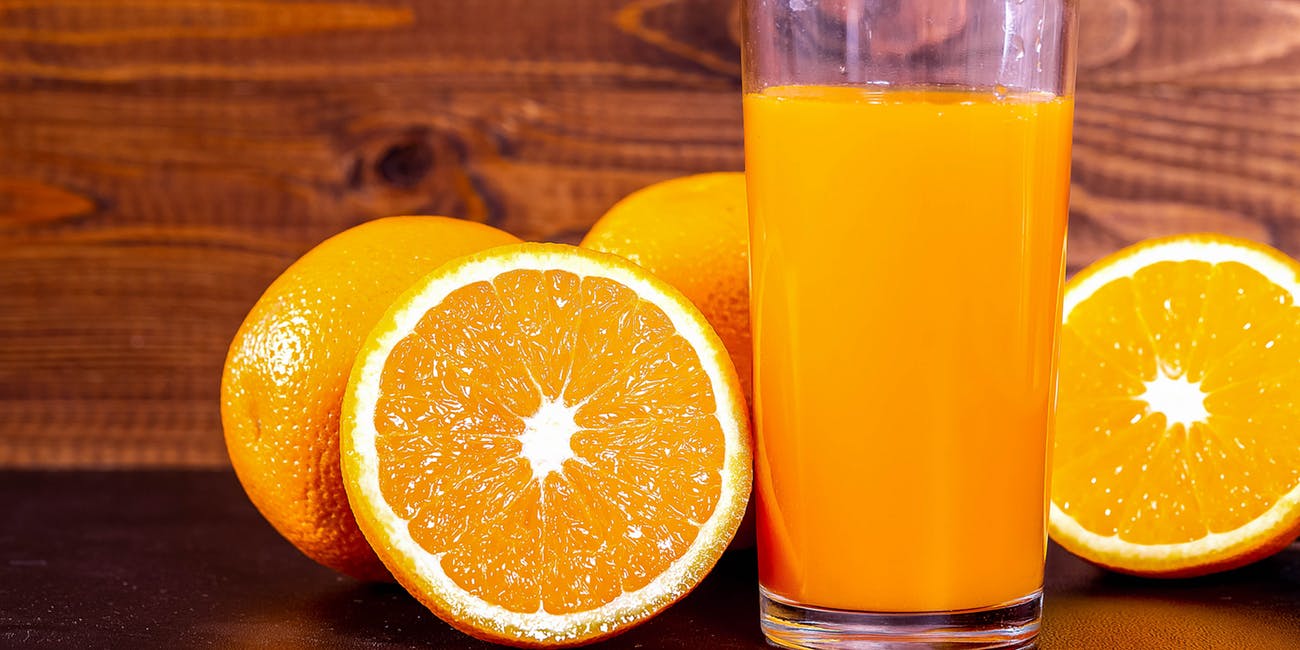We all recognize sugar reason for enamel decay. And our aversion to the dentist drilling our teeth helps lots of us face up to lollies, smooth drinks, and different candy treats.

With this in thoughts, a tumbler of juice seems more attractive than ingesting a can of tender drink, but is that this sincerely any higher in your enamel?
Not usually, says Laurence Walsh from the School of Dentistry at the University of Queensland, who says it’s no longer simply the sugar in drinks that’s the hassle.
Many of our favorite liquids, especially juices and soft drinks, incorporate acids.
These can dissolve the difficult systems of your enamel (the tooth and any uncovered roots), leaving the internal elements of teeth exposed.
This no longer most effective increases the chance of decay; it could also result in sensitivity, making it very uncomfortable to eat or drink something bloodless, warm, or candy.
“That’s why, if humans drink either large quantities of orange juice or are regular users of soft drink, they begin noticing their teeth get touchy as the acids dissolve the outdoor shape of the teeth,” Professor Walsh says.
The sensitivity takes place because nerve endings in your teeth do not have a lot of bodily safety from the outer enamel coating.
Acids and dental erosion
Professor Walsh says even as dark cola liquids are the worst about dental erosion, some particularly acidic juices — including lemon, lime, or orange juice — can do more damage to your enamel than different tender beverages.
Citric acid, commonly found in most smooth drinks and in particular in acidic juices, is certainly one of the most important offenders.
Besides softening the outer tooth, it could also melt your tooth’s internal components (the dentine) and decrease your saliva’s capability to restore your tooth.
“It steals away the calcium ions which you typically locate in saliva,” Professor Walsh says.
“By doing this, it makes the saliva unable to restore regions in which minerals [calcium and phosphate in tooth enamel] have been misplaced by way of publicity to acid.”
In addition to the citric acid, a few liquids — mainly darkish cola — contain phosphoric acid.
Professor Walsh says these acids blended make it even more difficult for saliva to guard and restore enamel.
Lemon-flavored cola drinks also encompass tartaric acid, which can cause similar harm.
When your mouth is made greater acidic using juices and soft liquids, it presents the ideal growing surroundings for the microorganism that reason dental cavities.
And if the concept of your tooth has been exceptional due to the fact you select a sugar-unfastened drink, you need to recognize they contain the same acids as different soft beverages.
Rethink that hot lemon juice drink
Watch out too for sports drinks because they have comparable components to juice and soft drinks, and frequently, while you drink them, you are dehydrated, and your teeth do not have the protecting effects of saliva.
If you’re a fan of ingesting warm lemon juice — now and then claimed to have all sorts of fitness advantages — Professor Walsh shows you rethink this addiction.
Done often, this will purpose critical harm.
The hot lemon juice is especially destructive because the acids in it purpose greater harm to teeth while they’re warm.
“A warm lemon drink will motive more damage to tooth teeth than a cold drink with the equal amount of citric acid in it,” Professor Walsh says.
Drinking any acidic drink through a straw will help minimize the touch between the fluid and your enamel.
You can also neutralize acids with the aid of rinsing your mouth with tap water afterward.
Some conduct, along with extended sucking on wedges of lemon or lime, is better off prevented altogether as some of the harm can be irreversible by the time you rinse out your mouth.
